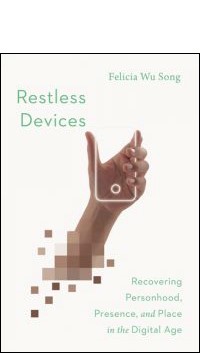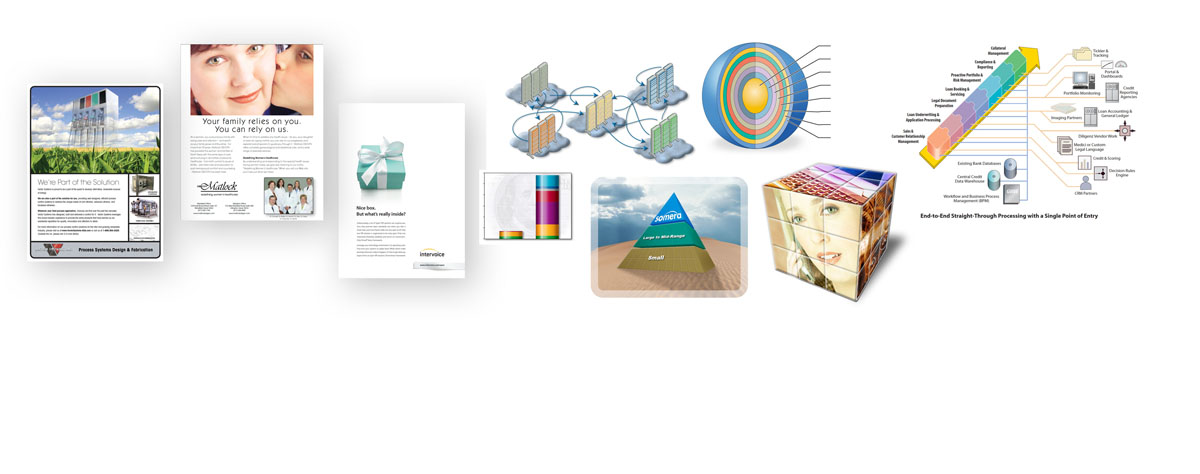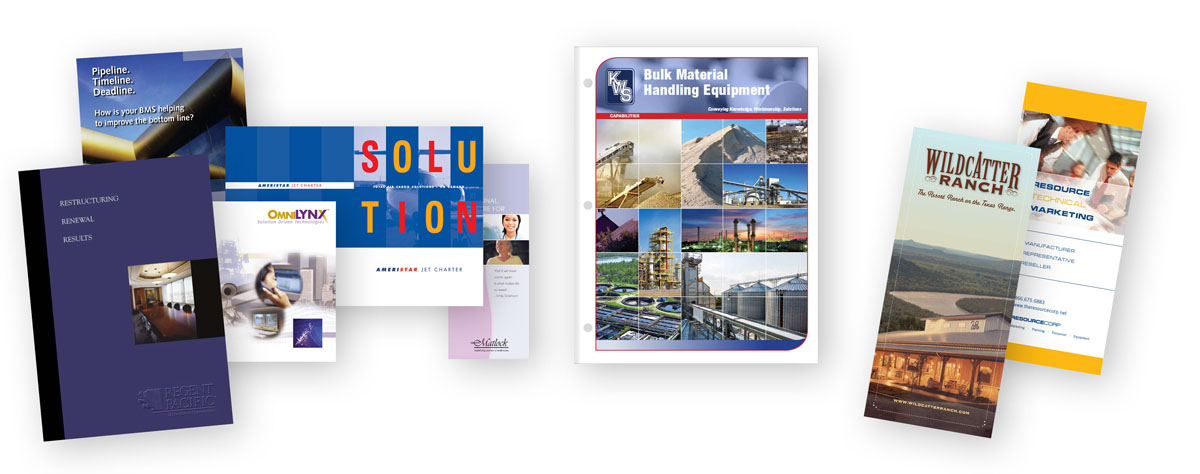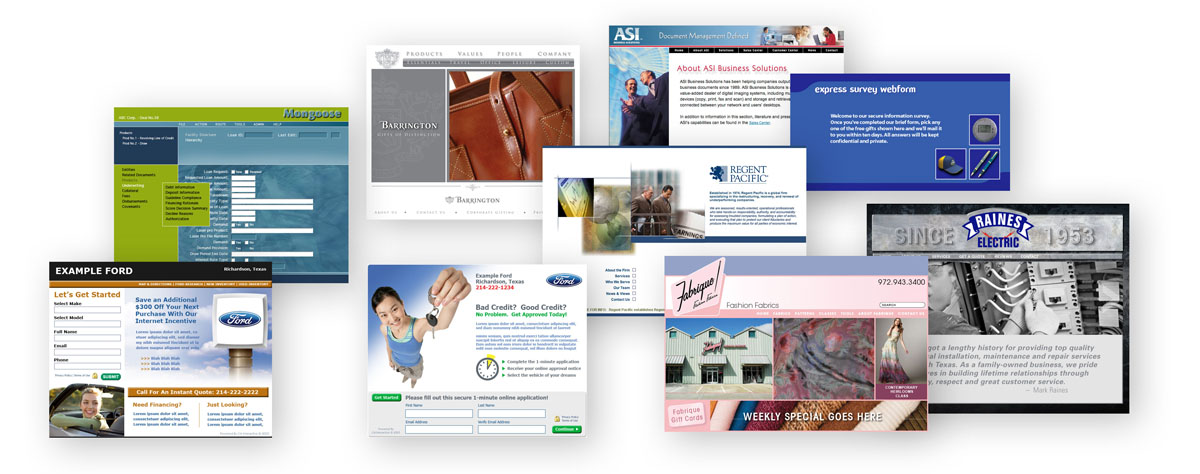Noise-to-Signal

Noise-to-Signal
Texas is one of the most diverse states in the U.S when it comes to landscapes. We boast everything from pounding surfs to arid desserts, from rugged mountains to grassy plains, from bustling cities to rural hide-aways – but you’ve never really seen Texas until you’ve visited Big Bend National Park.
Once you’ve made the 500-mile trek from Dallas to Marathon, you quickly enter the park but don’t tell the kids “we’re there” yet because you’re not. It’s another hour of driving inside the park before you reach the Inn and visitor center up in the bowl of the Chisos Mountains.
Weighing in at just over 800,000 acres, Big Bend is the largest protected area of the Chihuahuan Desert in the U.S. It contains more than 1,200 species of plants and 600 species of critters. The park includes mountains, desserts, rivers, 150 miles of hiking trails, and 10,000-year-old geological sites. Big Bend has a lot to see, but more profound is what it doesn’t have — noise. You can walk a mile down any trail in the park and feel like you’re the only person on the planet. Without the light pollution of big cities, the night skies in the park are nothing short of breath-taking. You can clearly see the Milky Way.
“That’s all great,” you say, “but what does it have to do with business relationships?” One of the most difficult tasks in business (or in all of life, for that matter) is to distinguish between the signal and the noise, between the information that is pertinent and the everyday distractions. Everything from office politics, to real politics, to that asshole who cut you off in traffic this morning, emits the noise that distracts us from what’s important.
While we might conceivably have gotten away with shooting the bad driver, we still need our fellow employees to accomplish whatever business objectives lie ahead. How do we turn up the “squelch” knob in our mind so it blanks out all of the background noise and enables us to concentrate on what matters — especially in our relationships? The secret is in what we choose to focus on. Just like you can look at me and think, “He’s wearing the ugliest shirt I’ve ever seen, but those classic Converse All-Stars on his feet are dynamite,” you can also look at me and say, “I hate his opinions, but his ability to make our proposal stand out is key to our success.” Only you can decide which is noise and which is signal.
While having a conversation in a crowded restaurant, we hear what we choose to hear and we tune out the rest. When we whip out our pen and draw a crude diagram on a paper napkin, we enhance our communication in the midst of distracting noise. So too, when we discard the irritating distractions and discern ways to enhance team members’ ability to contribute to the team, it focusses our relationship and eventually results in building personal equity in each other. And the more personal equity we build in each other, the easier it is for me to overlook that butt-ugly pair of pants you’re wearing today!
Let’s figure out a way to turn down the noise in our relationships to the point that we can hear the coyotes in the distance together and share the joy of watching the Milky Way as it slides across the horizon.
 Want to discuss this concept. Just email me at guy@lawsoncomm.com and I’ll buy you a cup of coffee.. If you think the conversation is going to be confrontational, let’s go for something stronger – I know a couple of good bars.
Want to discuss this concept. Just email me at guy@lawsoncomm.com and I’ll buy you a cup of coffee.. If you think the conversation is going to be confrontational, let’s go for something stronger – I know a couple of good bars.
 Thanks to Perry Thompson for proof reading and editorial advice on today’s article. If you need financial advice, Perry is your guy. Check him out at Graystone Wealth Solutions, LLC
Thanks to Perry Thompson for proof reading and editorial advice on today’s article. If you need financial advice, Perry is your guy. Check him out at Graystone Wealth Solutions, LLC
“All men bear the image of God. They have value not because they are redeemed, but because they are God’s creation in God’s image.”
— Francis Schaeffer

Did someone forward this newsletter to you after reading it themselves? Don’t settle for that!
CLICK HERE
to get a fresh, unused copy of this newsletter sent directly to you every Sunday morning. If you decide it stinks, you can always unsubscribe.
Restless Devices
Felicia Wu Song
You wouldn’t let a total stranger into your bedroom or trust a quack with your mental health and yet, there you are, laying in bed, sucking up the rantings of social media weirdos the last thing before you fall asleep at night. Felicia Wu Song confronts the damage our devices (fed by our addiction to them) is doing to us. Don’t waste your time reading this book unless you’re willing to admit that you “might” have a problem.













